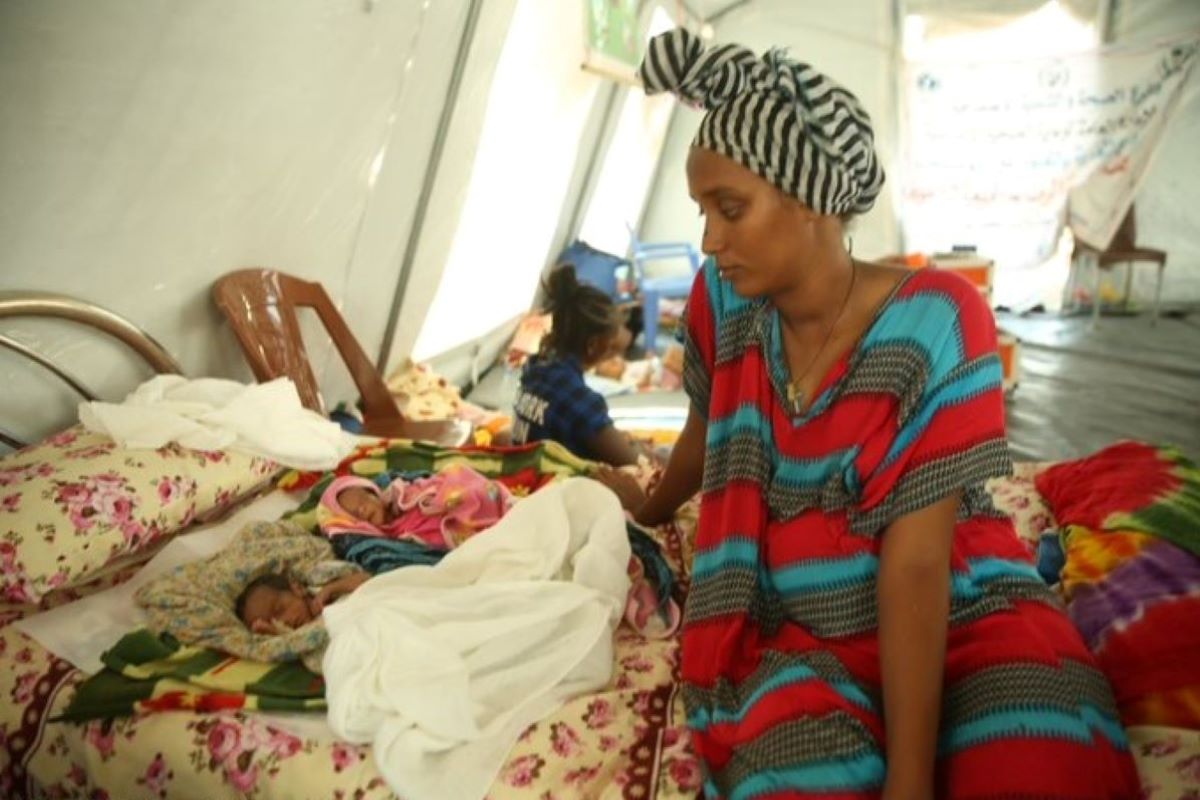It is rather unlikely that embattled Ethiopia can be pulled back from the brink. The country’s Prime Minister, Abiy Ahmed, has advanced a war cry by calling on civilians to team up with the military in its fight against rebels in the Tigray region.
He asked “all capable Ethiopians” to “show their patriotism” by joining the war, which is raging across the north of the country. It is early days to predict whether the government is gearing up for a people’s war. Indeed, fighting has escalated since June when the rebels, led by the Tigray People’s Liberation Front (TPLF), recaptured much of Tigray.
Advertisement
The PM has now sought to expand the ambit of the raging conflict. This has happened after the federal army had withdrawn and declared a ceasefire. The Prime Minister’s appeal cannot but precipitate the ferment. Mr Abiy ~ a Nobel Peace Prize winner ~ said the whole country had to get behind the battle to defeat the TPLF.
Unwittingly or otherwise, he has got himself involved in the ignoble strife. “Every Ethiopian must work closely with the security forces in being the eyes and ears of the country in order to track down and expose spies and agents of the terrorist TPLF.”
The entity has been designated a terrorist organisation by the government. But the group says it is the legitimate regional government of Tigray. Fighting broke out in November 2020 between government troops and the TPLF, which ruled Ethiopia for decades and now controls Tigray.
The conflict has forced over two million people to flee their homes, with hundreds of thousands contending with famine conditions. Six weeks ago, the government announced a unilateral humanitarian ceasefire, after losing control of key areas including the regional capital, Mekelle. With the main planting season running from June to September, the ceasefire will be in place until the farming season is over.
The rebels’ commander has told the BBC that his fighters’ incursion into the neighbouring regions was aimed at removing a federal blockade that has prevented aid from coming through. And yet the Prime Minister’s statement has accused the rebels of stopping aid and not allowing farmers to plant crops.
Clearly, the struggle for the mastery of Tigray, if not Ethiopia as a whole, has two facets ~ the struggle and conflict on the one hand and the compulsions of agricultural economics at another remove. Ethiopia’s government had once called the conflict in Tigray a “law and order operation”, and in November had declared victory.
But it is a sign of a significant shift that the Prime Minister is now calling upon every Ethiopian of age to sign up. It is no longer just Tigray that is at stake.The neighbouring Afar and ~ crucially ~ Amhara regions appear to be increasingly under threat.









